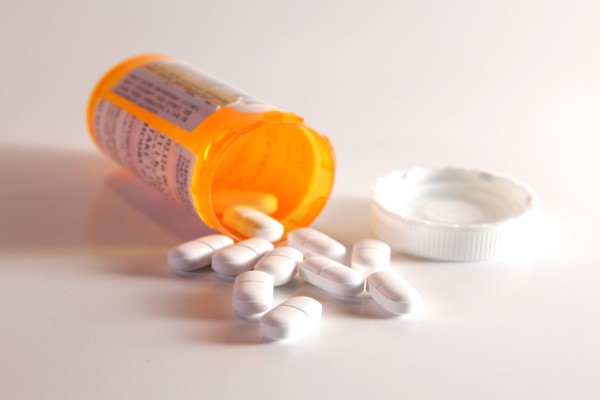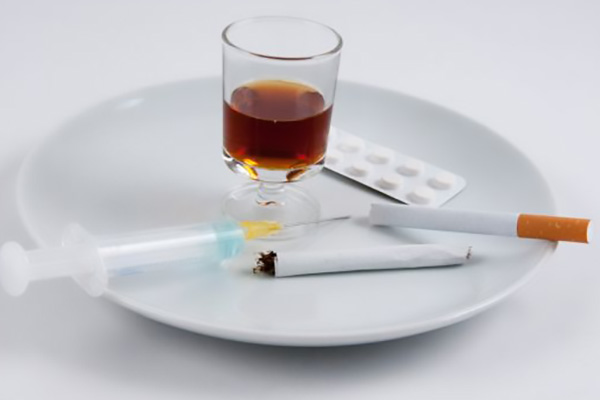Drug Addiction TherapyNew York, NY
Millions of Americans use drugs, and both they and their families are negatively impacted by drug addiction. At Joel Nathan, MD, we realize that contrary to popular belief, drug addiction does not discriminate based on age, gender, or ethnicity. While there are distinct breakdowns regarding the age groups that commonly seek drug addiction therapy, it is important to know that anyone can fall victim of drug abuse.
Public Need for Drug Addiction Therapy
Drug addiction impacts not only addicts but also their families, friends, employers, and the general population. While there is a popular belief that addicts need to be responsible for their own treatment, when it comes to public policy, it is important to identify the true cost of drug addiction on the overall public. According to information provided by the office of National Drug Control Policy, untreated drug addiction cost $181 billion in 2002. This can represent a loss of productivity, in addition to law enforcement cost and the cost to jail addicts. This makes drug addiction treatment a benefit both for the entire population and for addicts, themselves.
Drug Addiction Therapy: A Lack of Treatment
While millions of people are suffering from drug addiction, only around 15 percent actually receive treatment through in or outpatient treatment programs. At Joel Nathan, MD, we understand how essential it is for an addict to enter an actual drug addiction therapy program, because detoxing without professional assistance can be incredibly difficult and for some people, impossible. A treatment program can include the use of medication in addition to traditional therapy sessions.
Types of New York, NY Drug Addiction Therapy
There are several types of therapies that may be employed as part of a drug rehabilitation treatment program. Among them is cognitive therapy or talk therapy, which can be used to discuss feelings and emotions in order to identify negative thoughts that can create a desire to use drugs. This is done in an attempt to address the thought process before it leads to an action. During these sessions, patients are given tools that can be used in helping them fight addiction and the behaviors that lead to drug use.
A better type of therapy can be cognitive behavioral therapy. This focuses on discussing issues just like in cognitive therapy, but also on identifying specific behaviors leading to negativity and destructive lifestyles. This drug addiction therapy seeks to create positive habits and mental processes in order to help patients make different decisions and achieve positive results.
New York addicts who have suffered from trauma, either physical or psychological, may benefit from eye movement desensitization and reprocessing therapy. This type of drug addiction therapy is a type of therapy focused on beliefs or images that must be addressed. Using bilateral stimulations to activate the brain when a negative trigger is thought of, vibrations, visual stimuli, alternating tones, etc. help patients get past their traumatic memories and experiences.
Creative therapies are also popular among patients. Things like music therapy or learning to do any type of art can help patients get past some of the negativity associated with drug use and put their mind to work creating something beautiful. The positive associations made through the creation of something artistic and beautiful helps New York addicts feel more hopeful and optimistic in addition to getting past some of their destructive behavioral tendencies.
Addicts Must Be Tested and Treated for Other Health Conditions
It is incredibly common for addicts to struggle from other diseases that must also be treated. At Joel Nathan, MD, when treating a drug addiction, we also recommend having someone tested for things like HIV or hepatitis B, considering that it is very easy to contract diseases through drug use. Failing to treat any physical illness or disease is a short-sighted approach. Because physical health being optimal is important during the drug detoxification and overall rehabilitation process, all aspects of health must be addressed in addition to an addict receiving drug addiction therapy in New York.
Drug Addiction Therapy Statistics
Statistically, the largest group to seek treatment for drug or alcohol abuse are people ages 25 to 29, with the second largest group being those 20 to 24. What some people may find surprising is that the third biggest group is those 40 to 44 years of age. Statistically speaking, out of those ages 12 and older, the group least likely to need drug and alcohol treatment are those over the age of 60. With that in mind, it is important to understand that any age is the right age to seek drug treatment in New York.
Why Drug Addiction Therapy Is Necessary
It is important for any concerned friend or family member to understand that while an addict may have initially decided to use drugs, the subsequent changes made to their brain function tend to make it impossible to quit without medical assistance. If you are an addict that has been beating yourself up because you want to quit, have tried, and failed, you are not alone and it may not be your fault. Seeking medical care is nothing to be ashamed of and can make the difference between you living a future life of sobriety or one ruled by your addiction.
Learn More About Drug Addiction Therapy
If you are interested in learning more about drug addiction therapy and how it can help you or someone you love, call 212-410-6832 and schedule an appointment with our New York, NY office. At Joel Nathan, MD, our professional staff has the information and resources available to assist you in your journey toward sobriety. Through comprehensive drug addiction therapy, our goal is to help you become free from drug use and to live a long life of sobriety.
The Risk of Relapsing
Staying clean is not easy, and anywhere from 40 to 60 percent of addicts relapse. These statistics are why it is critical to seek medical assistance to not only detox but also remain sober after the fact. The best treatment programs combine medication, therapy, and lifestyle changes to create lasting results. At Joel Nathan, MD, we can provide you with information regarding all of these options and solutions. To learn more, call (212) 410-6832.





